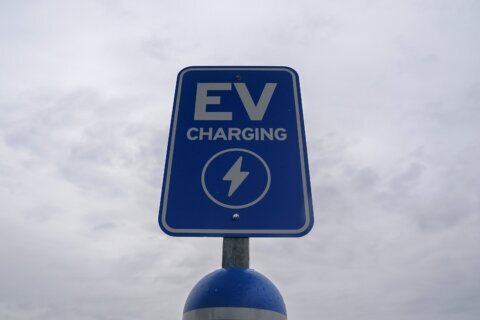BUDAPEST, Hungary (AP) — Bulgaria and Romania could become full members of Europe’s Schengen travel zone starting at the beginning of 2025, Hungarian officials said on Friday.
The two Balkan countries joined the European Union in 2007 but were not integrated into the borderless Schengen zone until March, when border checks were lifted from maritime and air travel. Land border checks remained in place due to opposition primarily from Austria, which has long blocked Schengen entry for the two countries over illegal migration concerns.
But following a meeting of the Austrian, Bulgarian, Hungarian and Romanian interior ministers in Budapest on Friday, Austria lifted its opposition, paving the way for a final decision by a summit of EU interior ministers in December.
Hungary’s Interior Minister Sándor Pintér said Friday that Romania and Bulgaria, which both have borders with countries outside the EU, are now “one step closer to becoming full Schengen members.” He added that there was a “clear opportunity” to finalize the process by the end of the year, and that the countries would need to jointly send at least 100 border guards to the frontier between Bulgaria and Turkey.
EU Home Affairs Commissioner Ylva Johansson, who was also present at the meeting, said in a video posted on X: “This is a great day to achieve the full freedom for all the citizens of Bulgaria and Romania into the Schengen area, and I’m very happy today.”
The Schengen Area was established in 1985. Before Bulgaria and Romania’s partial admission, it was comprised of 23 of the 27 EU member countries, along with Switzerland, Norway, Iceland and Liechtenstein. Around 3.5 million people cross an internal border each day.
Ursula von der Leyen, the head of the EU’s executive commission, wrote on X that the two neighboring countries “belong fully to the Schengen area.”
“I welcome the positive outcome of informal discussions in Budapest today … Let 2025 see Schengen become stronger,” she said.
Copyright © 2024 The Associated Press. All rights reserved. This material may not be published, broadcast, written or redistributed.






